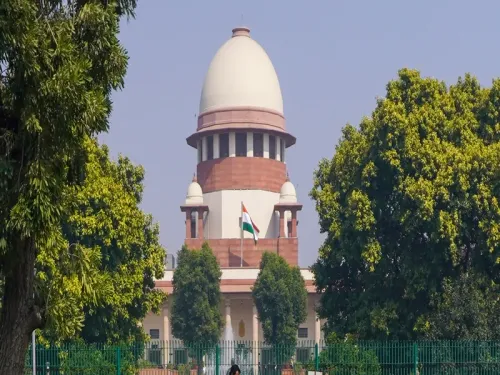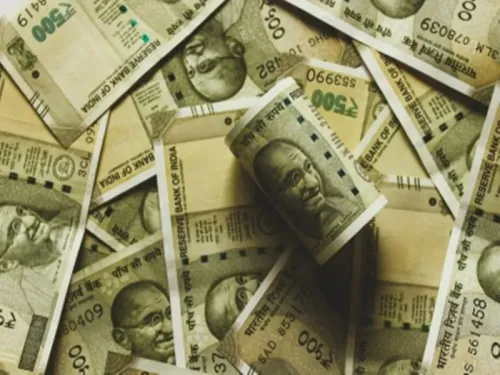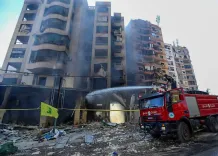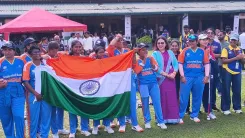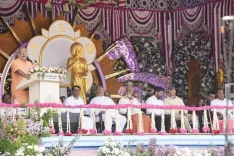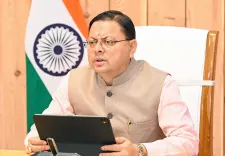Why is the Rajasthan Government Not Conducting Student Elections?
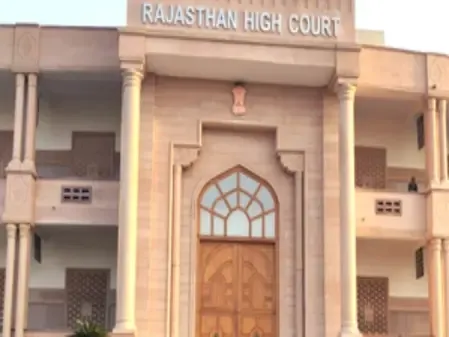
Synopsis
Key Takeaways
- Rajasthan government halts student elections this year.
- NEP implementation cited as primary reason.
- Majority of Vice-Chancellors advise against elections.
- Student protests demanding elections have erupted.
- Delays in academic schedules are a significant concern.
Jaipur, Aug 13 (NationPress) The government of Rajasthan has officially declined to hold student union elections this year, explaining to the High Court that the execution of the National Education Policy (NEP) renders it impractical to conduct polls in the state.
In its response, the state administration cited the Lyngdoh Committee’s recommendation that elections should be organized within eight weeks of the academic session's commencement—a schedule that is currently unattainable.
The opinions of Vice-Chancellors (VCs) from nine universities were also presented, with the majority advising against elections due to conflicts with academic calendars and session delays.
Concerns were voiced by the VCs from various institutions. Alpana Kateja, Vice-Chancellor of Rajasthan University, remarked, "With admissions for both Undergraduate and Postgraduate programs concluded, mid-term exams are scheduled for September and final exams for November. The student voter turnout is dismally low, ranging between 25 to 30 percent. Delaying elections disrupts university results, adversely impacting students' admissions and opportunities for competitive exams in other states. I propose banning elections to facilitate a smooth NEP implementation."
Manoj Dixit from Maharaja Ganga Singh University in Bikaner noted that admissions are still in process.
He called for a standardized academic policy across all universities, suggesting a Rajasthan-specific model code of conduct akin to that of Uttar Pradesh.
He also advocated for postponing student elections until the NEP is fully adopted in the state.
Tribhuvan Sharma (Acting), Maharaja Surajmal Brij University, Bharatpur, stated, "The academic session is delayed, and examination results are pending—all while the NEP 2020 is being implemented."
He suggested delaying the elections for three to four years.
A first-year M.A. student at Rajasthan University, Jai Rao filed a petition on July 24, contesting the decision to not hold elections.
He claimed that electing student representatives is a fundamental right and criticized the state government for postponing elections for three academic years.
The Rajasthan High Court addressed the issue on July 29 and requested a response from the state government.
In the meantime, student leaders across the state have organized protests advocating for the elections.

